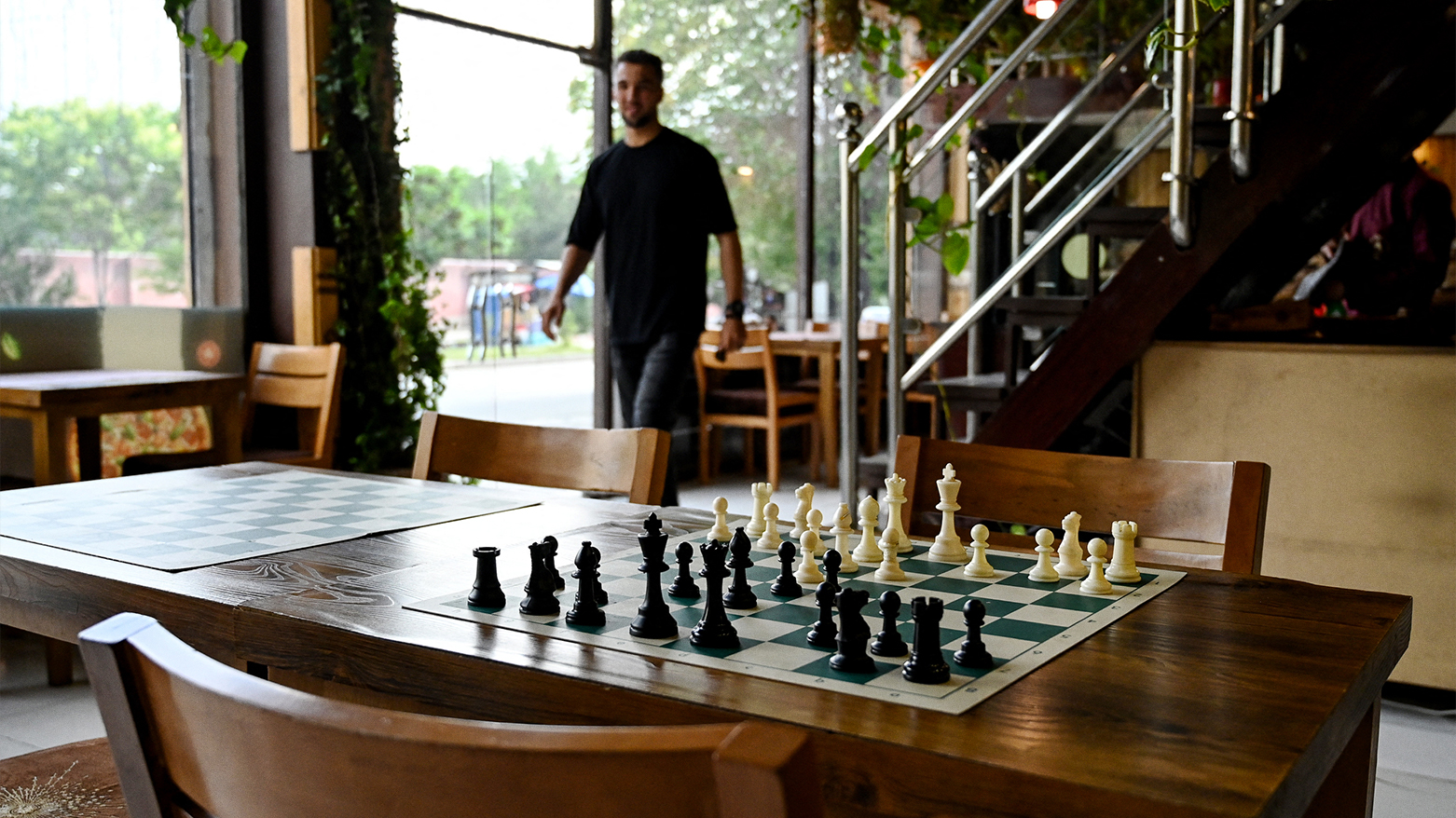Taliban Outlaws Chess in Afghanistan, Citing Concerns Over Gambling
"Chess in sharia (Islamic law) is considered a means of gambling," Atal Mashwani, spokesperson for the Taliban’s Directorate of Sports, told AFP.

By Kamaran Aziz
ERBIL (Kurdistan24) – In a move that deepens its crackdown on cultural and recreational activities, the Taliban government has officially banned chess across Afghanistan, citing religious concerns over its association with gambling. The decision was confirmed on Sunday, and marks the latest in a series of sweeping restrictions implemented since the group’s return to power in 2021.
Atal Mashwani, spokesperson for the Taliban’s Directorate of Sports, told AFP that the game is now suspended until further notice. "Chess in sharia (Islamic law) is considered a means of gambling," he said, adding that the sport would remain prohibited until religious issues surrounding it are resolved. The ban is grounded in the Law on the Propagation of Virtue and the Prevention of Vice, enacted by the Taliban last year.
As reported by The Brussels Times, Mashwani stated that chess is suspended "due to religious issues," although he did not clarify whether violations of the ban would carry specific penalties. He also noted that the national chess federation had not organized any official events in recent years, citing internal leadership challenges.
Reactions from Afghan citizens have underscored the growing societal strain imposed by the Taliban's policies. Azizullah Gulzada, a 46-year-old café owner in Kabul whose venue often hosted informal chess games, expressed disappointment over the decision.
Speaking to AFP, he said: “Many Muslim countries have international-level players participating in global competitions.” He emphasized that chess was never linked to gambling in his café and lamented the loss of one of the few remaining recreational outlets for Afghan youth. “Young people don’t have a lot of activities these days, so many came here daily... People who are passionate about chess might be saddened.”
As reported by BBC News, chess is just the latest casualty in a broader cultural rollback. In 2024, the Taliban banned mixed martial arts (MMA), citing its violent nature and incompatibility with Islamic teachings. “It was found that the sport is problematic with respect to Sharia and it has many aspects which are contradictory to the teachings of Islam,” a Taliban official said at the time. While cricket remains popular—particularly among men—women have been systematically excluded from all organized sports.
Since regaining control of Afghanistan in August 2021, the Taliban has imposed increasingly restrictive laws aimed at enforcing its austere interpretation of Islamic values.
Women have been banned from parks, gyms, beauty salons, and universities, prompting international condemnation. The United Nations has repeatedly denounced these measures, describing them as a form of “gender apartheid.”
Although chess has not seen formal national tournaments for the past two years, it has remained a culturally and intellectually significant pastime, practiced quietly in homes, schools, and cafés. Its sudden removal from public life marks a symbolic and tangible erosion of Afghanistan’s shrinking civic space.
Analysts suggest that the ban is emblematic of the Taliban’s broader ideological project: the imposition of a rigid socioreligious order at the expense of personal freedoms, cultural expression, and intellectual engagement. With chessboards silenced across the nation, a centuries-old game rooted in strategy and reflection is now the latest target in the Taliban's campaign to reshape Afghan society in its own image.